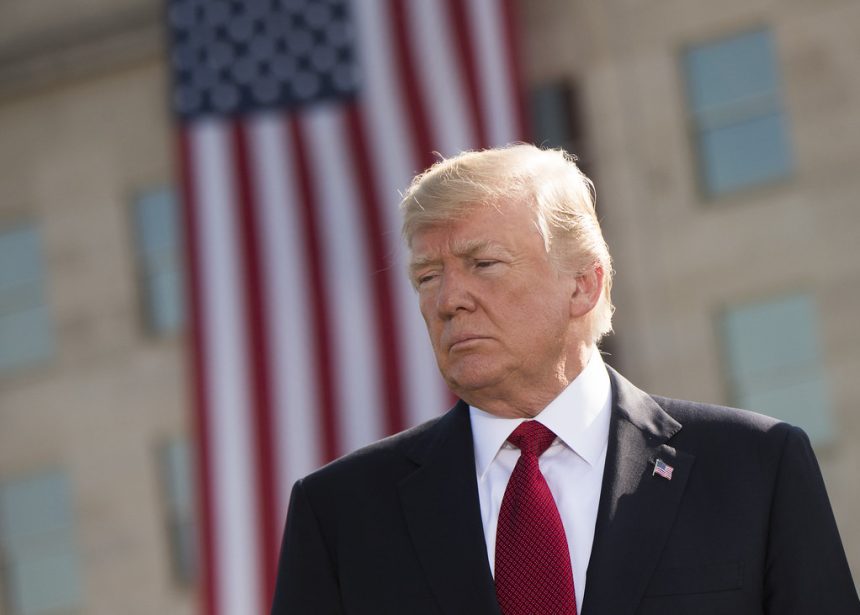No Extension on Negotiation Deadline
President Trump confirmed on July 1, 2025, that he will not extend the July 9 deadline for bilateral trade agreements, signaling a hardline stance. Speaking aboard Air Force One, he said negotiations with Japan were faltering and that he “doubt[s]” a deal will be reached.
Sky-High Tariffs Now on the Table
Trump warned that if no deal emerges by the deadline, tariffs could soar to “30%, 35% or whatever the number is that we determine”—a substantial jump from the paused 24% imposed in April and currently at 10% during the grace period.
Grievances Over Rice and Autos
He criticized Japan’s reluctance to import U.S. rice and complained that Japanese automakers were “spoiled,” exporting heavily to U.S. markets while blocking American agricultural goods. Japan, in turn, is pushing to maintain its 25% auto tariffs and protect its domestic industries.
Regional Negotiations Heat Up
While tensions escalate with Tokyo, Trump suggested that a trade agreement with India is almost wrapped up—and could avoid steep tariffs—leaving Japan with fewer alternatives in the negotiations.
Market Ripples and Investor Anxiety
Financial markets responded swiftly:
- Japan’s Nikkei fell by around 0.6% amid uncertainty.
- Shares of major Japanese automakers—including Toyota and Nissan—showed mixed performance following Trump’s comments.
Stakes and What Comes Next
Implications:
- A 35% tariff could escalate U.S.–Japan trade tensions, disproportionately affecting automakers and farm exporters.
- Failure to secure a deal may hurt U.S. allies’ confidence, especially ahead of Japan’s upper house election on July 20.
Next moves:
- The July 9 deadline is firm—Trump is expected to notify Japan in writing of any new tariff levels.
- Negotiators will make last-ditch efforts to resolve disputes over rice imports, auto duties, and defense cost sharing.
Bottom Line
With the July 9 deadline approaching and Trump ramping up tariff threats, U.S.–Japan trade relations are at a critical crossroads. Tokyo must weigh sovereignty and domestic politics against the mounting pressure: will diplomacy prevail, or will tariffs derail a once stalwart economic alliance?











